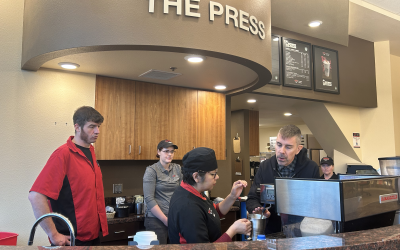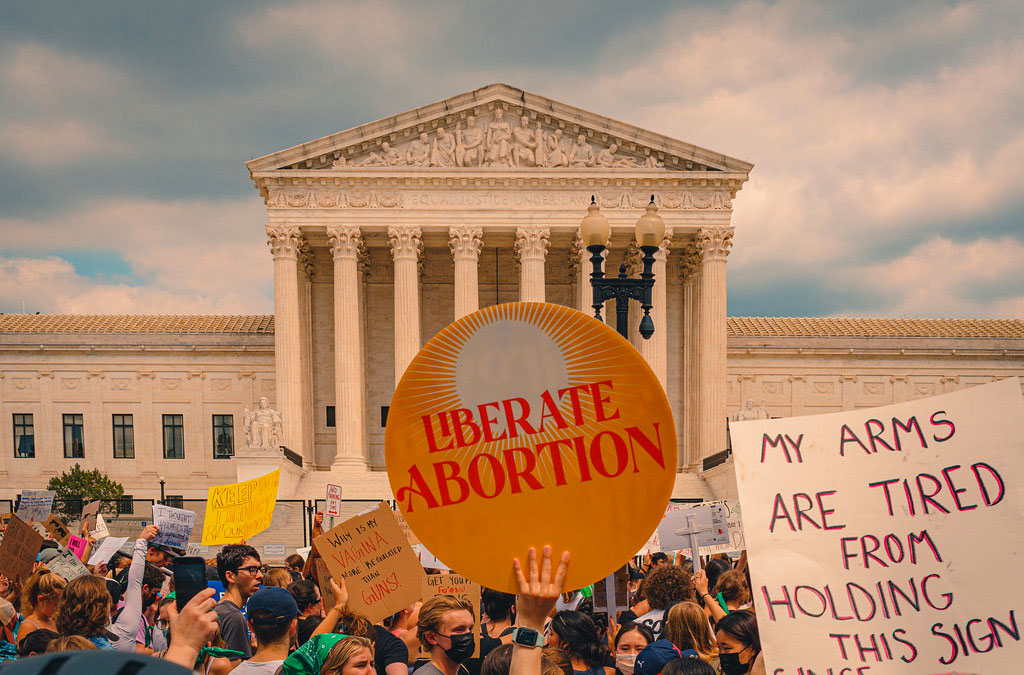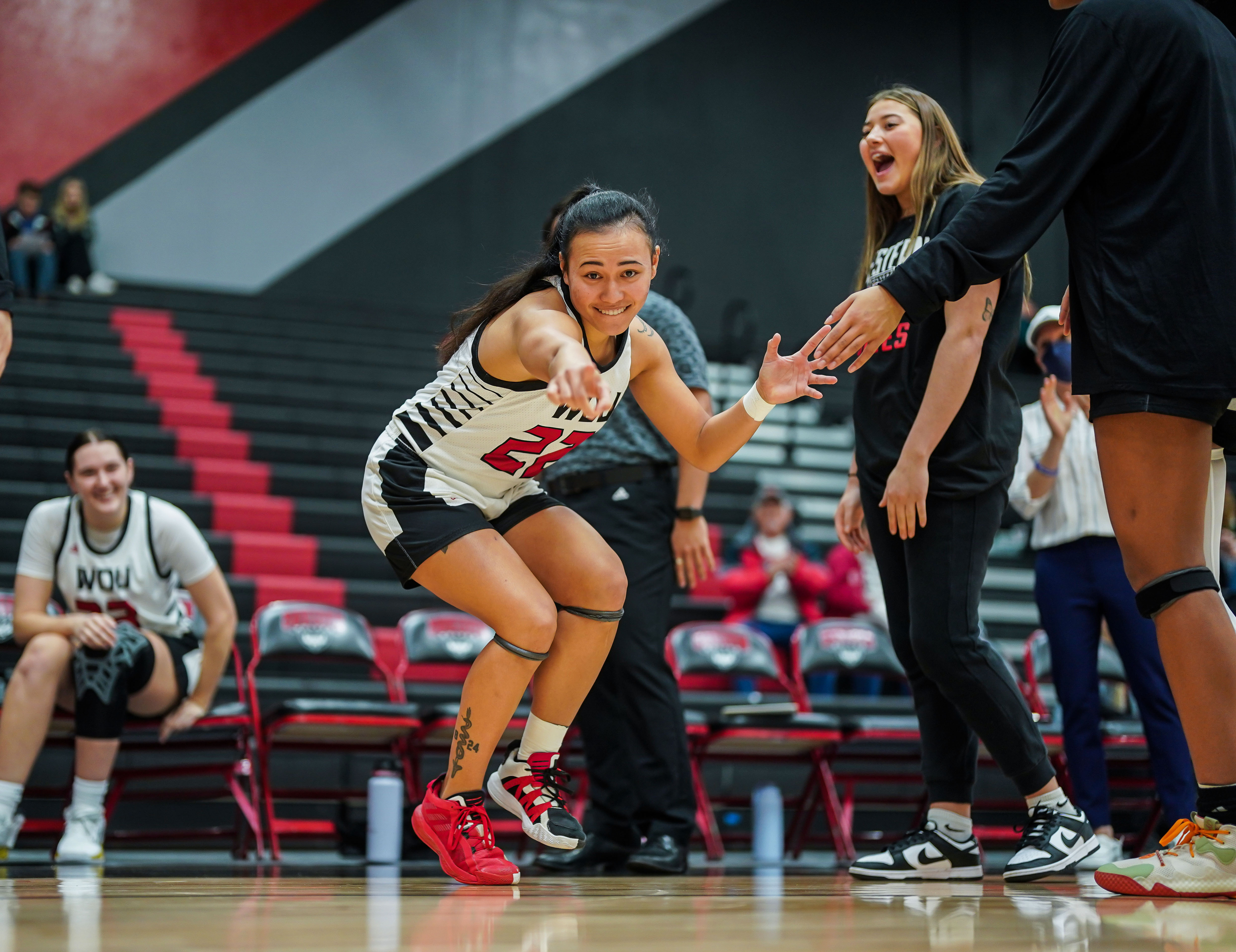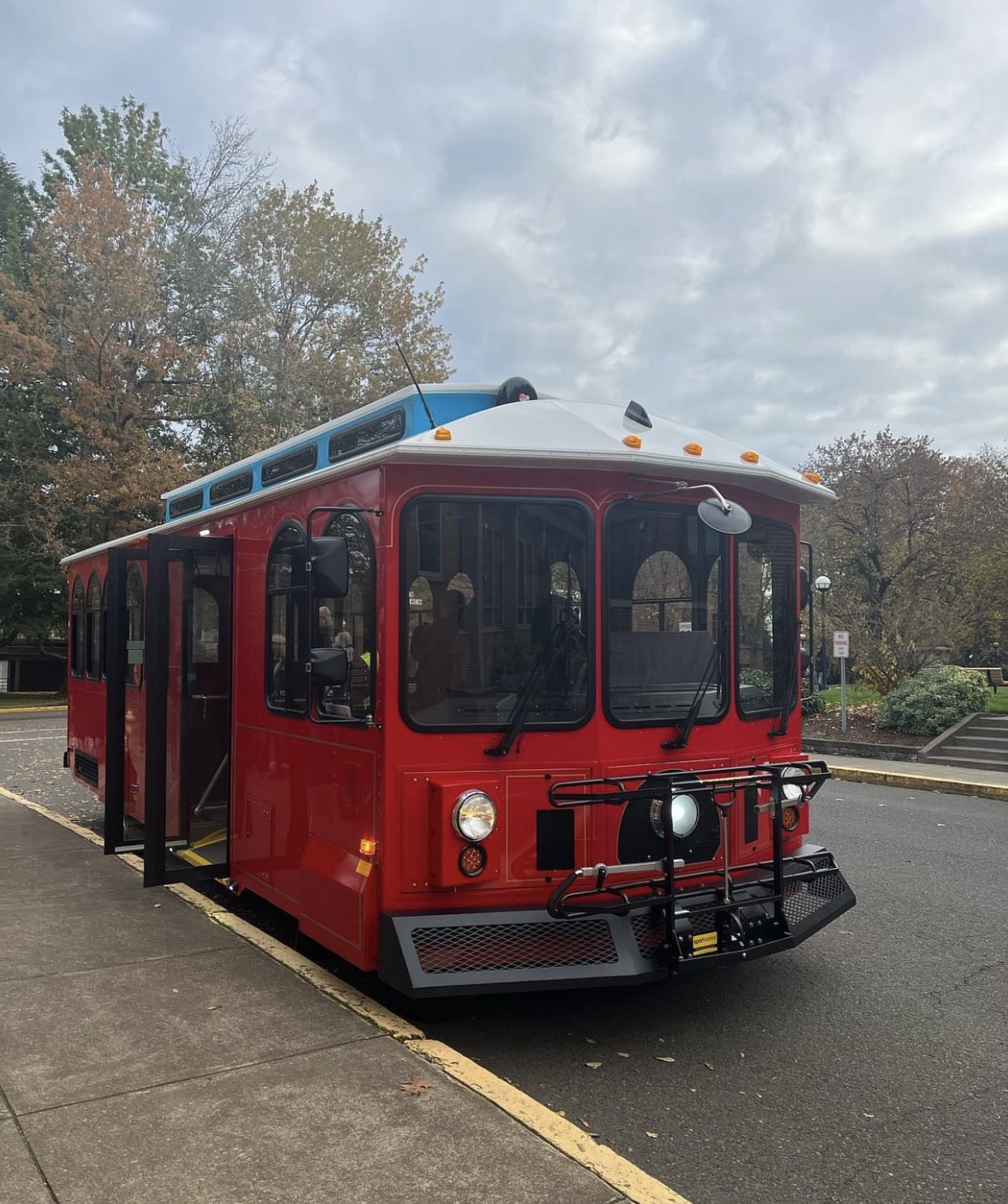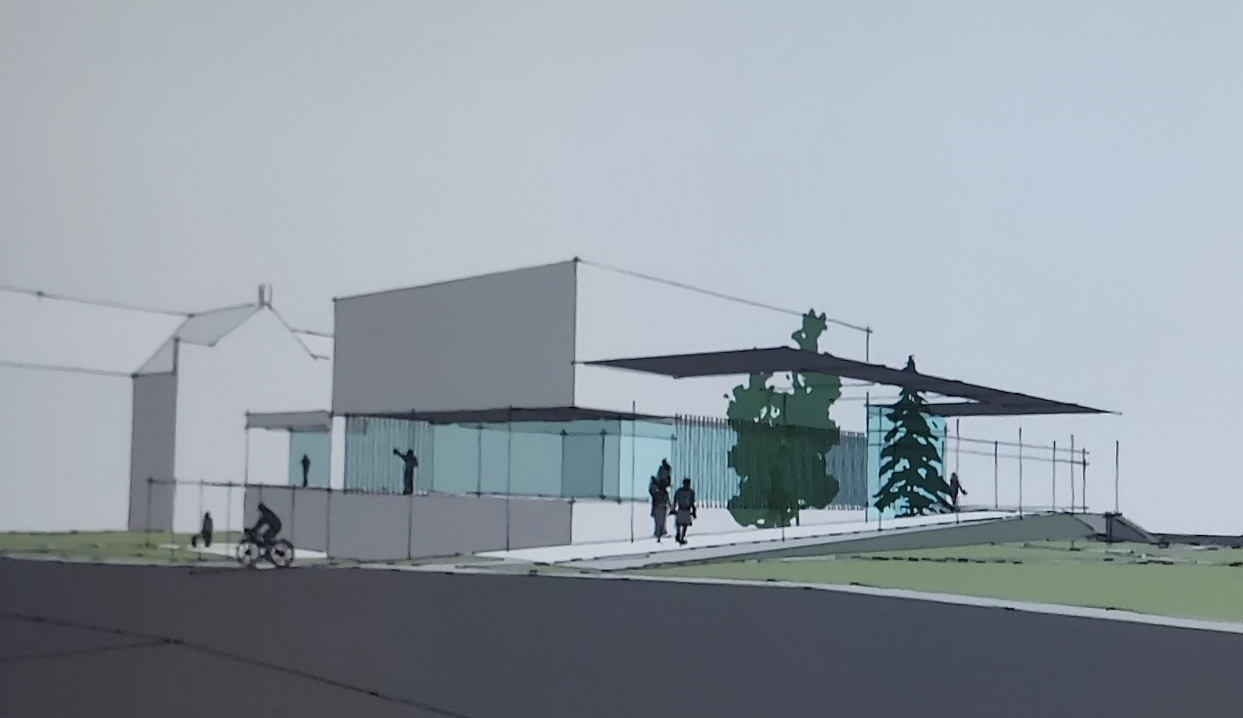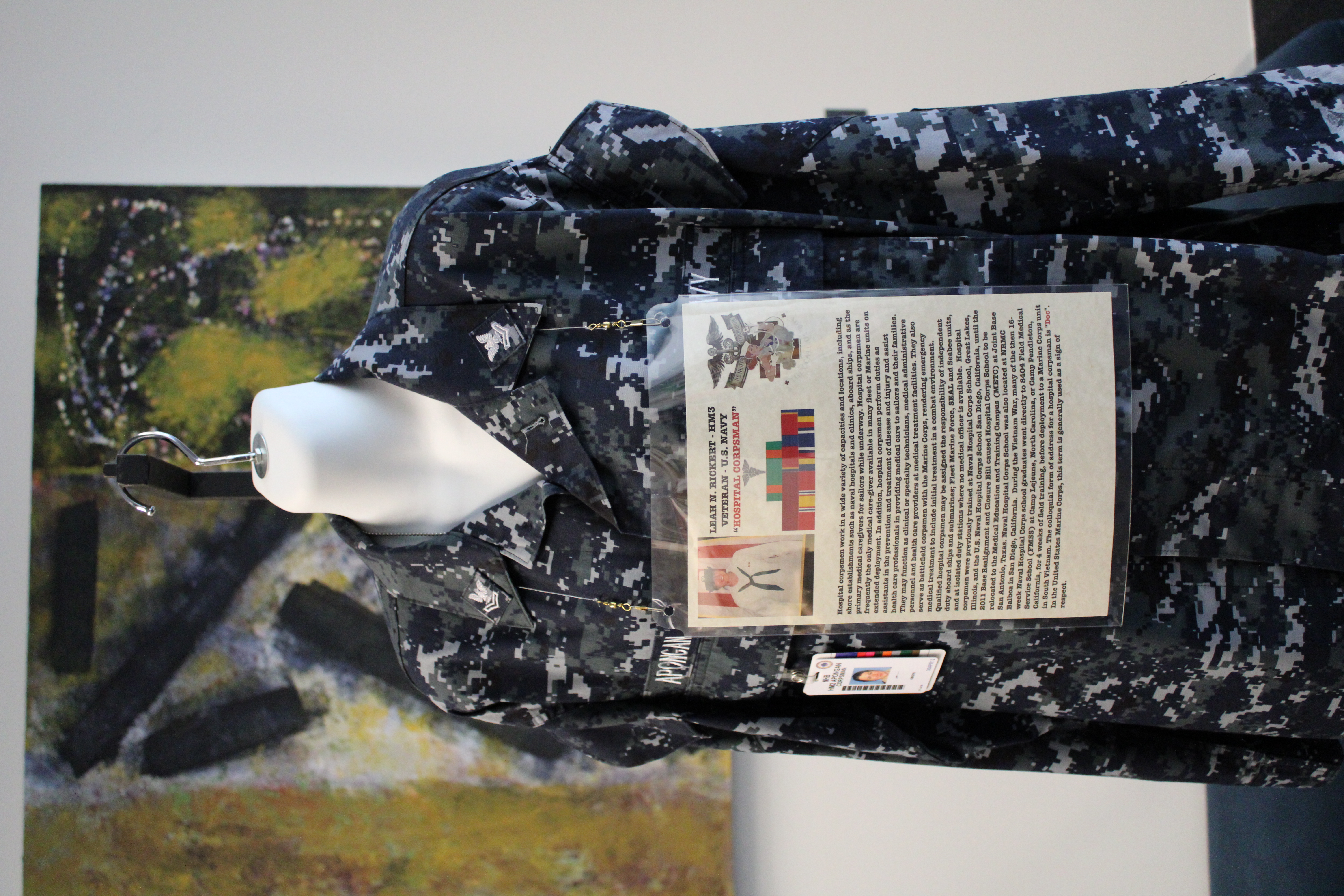Written by: Mirella Barrera-Betancourt Having a tough time finding job opportunities? This winter term, Western is offering various job and volunteer opportunities for students. Full position descriptions can be found in their respective applications. Paid Positions...
News
The Press Resumes Operations
Written by:Mirella Barrera-Betancourt Campus Dining’s The Press café is set to resume operations during the second week of winter term, according to Director of Campus Dining, Albert Worotikan. The Press, a coffee shop located on the left side of the first floor of...
The Year in Review
Written by:Mirella Barrera-Betancourt Content warning: contains mentions of distressing content From the rising of prices due to inflation, to the onslaught of a major catastrophic invasion, 2022 has been a year plagued with tragedy and chaos. 2022 contained some of...
Love for 3
Written by:Nicholas Sarysz Buffalo Bills’ Safety, Damar Hamlin, suffered cardiac arrest just eight minutes into the first Monday Night Football game of the year. Medical professional Denny Kellington performed CPR and administered a defibrillator within minutes of the...
Witness Western Wins
Written by: Jude Bokovoy There are many reasons for students to attend Western home games. Going to home games provides a way to support student-athletes and show school spirit. The games are a great place to hang out with friends or go on a fun weekend date. On top...
What is Happening Over at Twitter?
Written by: Mirella Barrera On April 25, 2022, Twitter announced its plans for Elon Musk to take ownership of the platform — a deal that valued the company at $44 billion. Since CEO Musk’s Twitter takeover, a plethora of changes have been made to the “microblogging”...
Abby’s House Silent Auction
Written by: Mirella Barrera-Betancourt On Dec. 1 and Dec. 2, Western’s Abby’s House will be holding their largest annual fundraising event of the year — just in time for Christmas. In the days leading up to the Silent Auction, Abby’s House requests donations from the...
Indy-Mo to be offering Trolley Services 2023
Written by: Mikayla Coleman In the late 1800s, a trolley routinely ran between the sister cities of Monmouth and Independence. In winter 2023, the cities will be reunited with the implementation of a new trolley system. Funded by a 3 million dollar grant from the...
Update on Western’s Current Development Project
Written by:Mirella Barrera-Betancourt In early fall of 2021, Western received over $21,000 from the state of Oregon to fund the construction of a new building in the place of the existing Old Education Building on campus. The intended goal of the new construction...
Western opens two exhibits for Veteran’s Day
Written by:Mirella Barrera-Betancourt From Nov. 7 through Nov. 11, two Veteran’s Day themed exhibits were displayed for the Western community. These events were a collaboration between Western’s Veterans Resource Center, Oregon Department of Veterans Affairs and...

